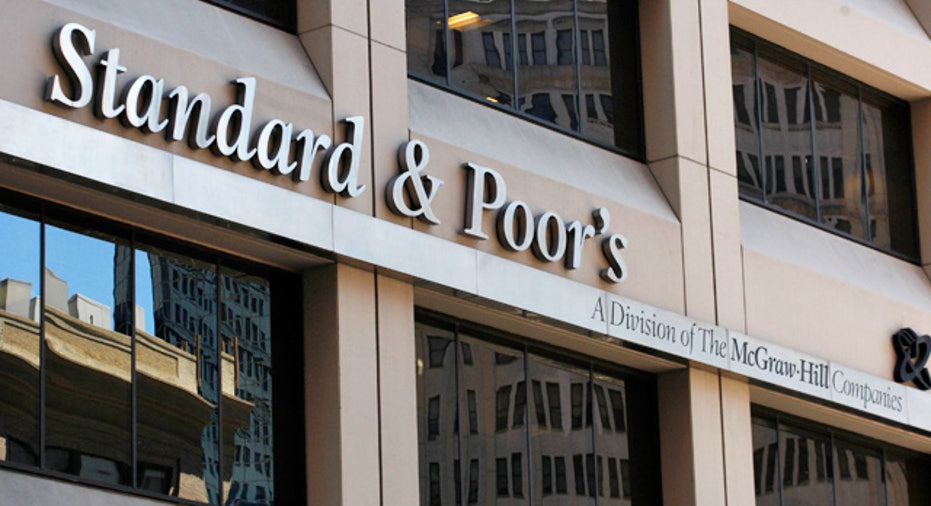For Interest Rates, S&P Downgrade No Big Deal -- Yet

Since Standard & Poor's announced its downgrade of the U.S. credit rating Friday night, the markets have suffered steep losses, and near-panic has set in for many on Wall Street.
Ironically, however, interest rates have fallen on U.S. Treasuriesthe opposite of what many economists had predicted.
So, is the downgrade a real threat to interest rates on your loans, or merely a wakeup call for the U.S. government?
Although interest rates have fallen , don't expect that trend to last, according to Lou Scatigna, author of "The Financial Physician." Right now, U.S. treasuries are still a safe place to be, so investors are continuing to put their money there, pushing rates lower. But if the country is downgraded further, or if we go into a second recession, things will turn quickly.
"Given the size of the U.S. and our economy, and the reserve currency in the world, Treasuries haven't reacted. But that doesn't mean they won't react in the next month," Scatigna said. "We will see interest rates start to rise, and rising inflation."
This will likely occur in the next month, he said, given investors such as China and Japan are pulling out of U.S. Treasuries. This will lead to rising interest rates, and if the Federal Reserve continues to print money, inflation may occur.
Doug Lockwood, CFP, CIO of Hefty Wealth Partners in Auburn, Ind., said the effects of the downgrade will be felt in two wavesshort term and long term. The average citizen is not participating in the Treasury bond market, Lockwood said, but instead will be paying close attention to their retirement assets, 401(k) and 403(b) accounts, as well as any cards or loans tied to U.S. Treasuries.
"Initially, nothing will happen," he said. "We still have to put gas in our cars, go back-to-school shopping, take vacations before the summer ends. I don't see anyone making changes to those plans because S&P downgraded us."
The rating agency is less credible, he said, because it failed to predict the financial meltdown and recession, so for some Americans, the downgrade is "meaningless."
At some point, everything from car and student loans to mortgage and credit-card interest rates will begin climbing, Scatigna said. Within the next six months, he said interest rates will likely climb one percentage point due to the downgrade. Today, the average APR for a variable rate credit card is at 14%.
With the continuing volatility in the markets over the past few weeks, it's impossible to predict where things are headed.
"If we slow down, and Europe slows down, we are in trouble," Lockwood said. "In this situation, everything is upside down. Its the opposite of a regular downgrade, and the normal reaction didn't occur."
Unemployment will likely climb, Scatigna adds, hitting 10.5% or 11.5% in the next year. He also predicts a second recession will be evident in the third and fourth quarters of the year due to negative GDP growth.
"We never really exited the recession," he said. "This (downgrade) will ultimately put us into another recession."



















